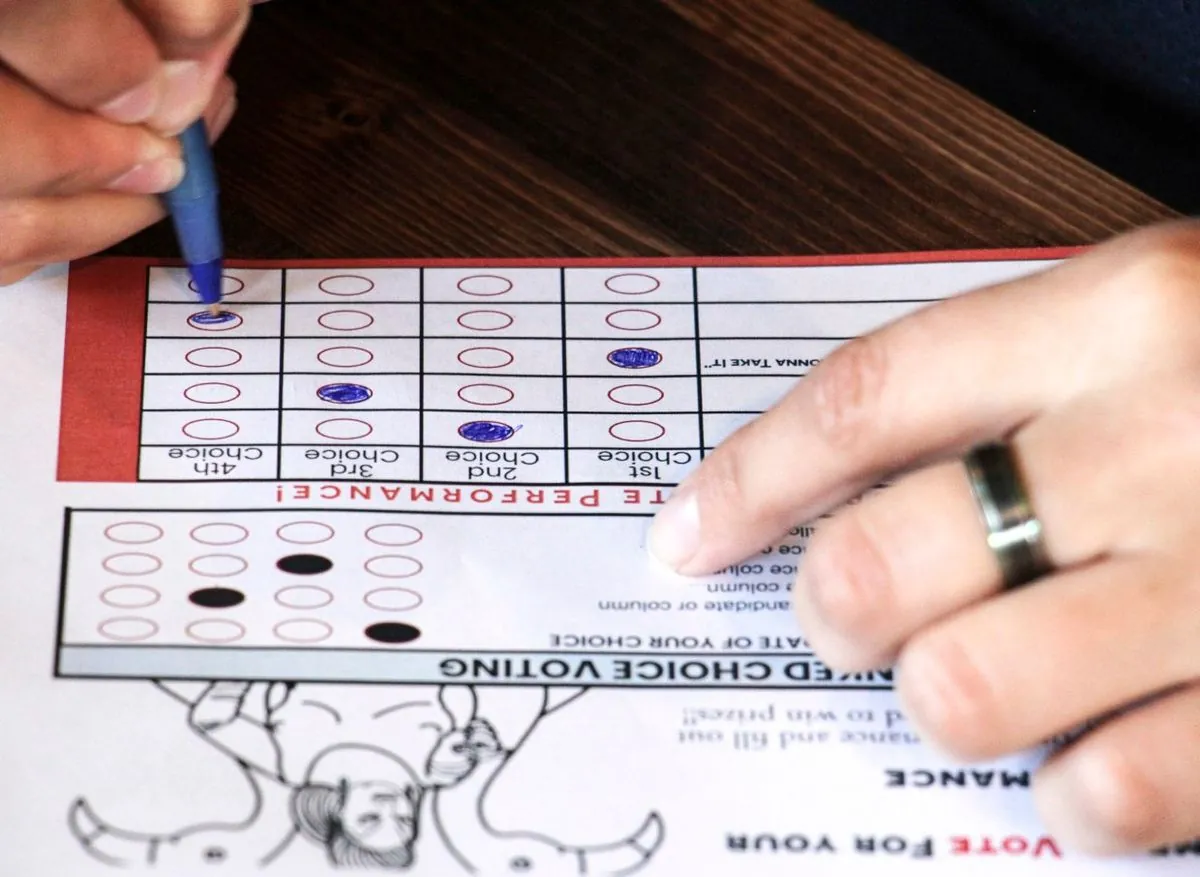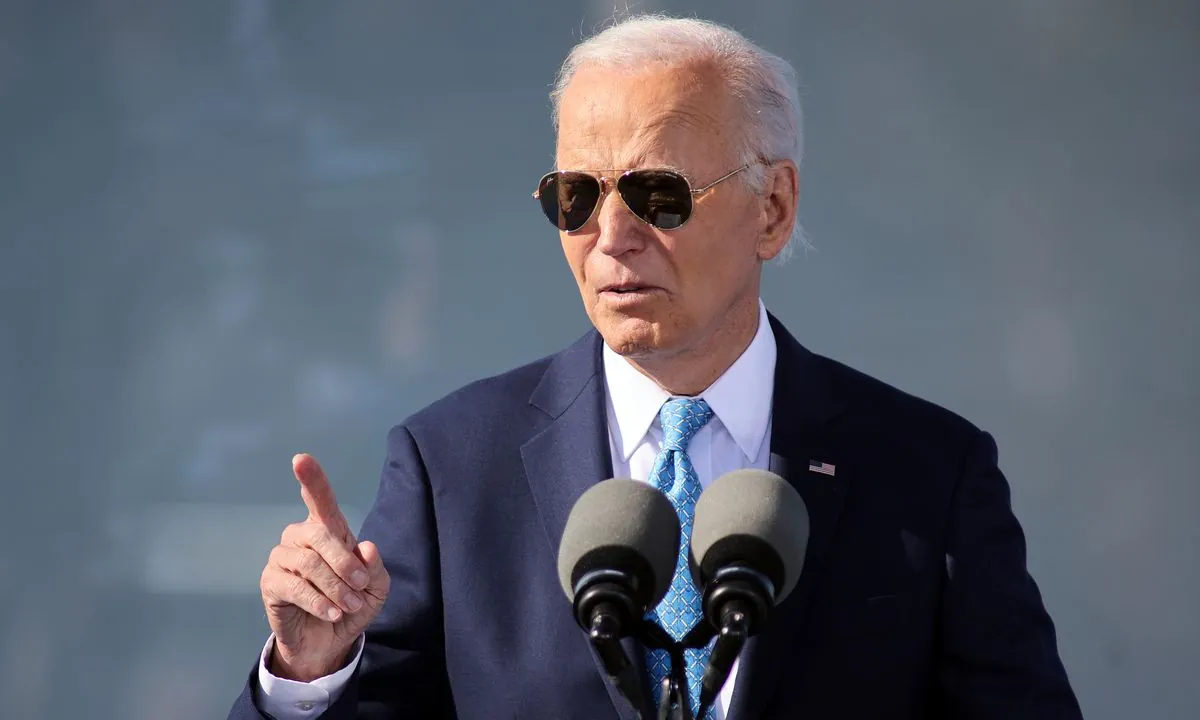Alaska's U.S. House Race: Unexpected Candidates Advance to General Election
Two low-polling candidates qualify for Alaska's November general election following a frontrunner's withdrawal. The race features incumbent Rep. Mary Peltola and Republican Nick Begich among top contenders.

In a surprising turn of events, Alaska's upcoming U.S. House race has taken an unexpected twist. Two candidates who collectively garnered just over 1% of the vote in the recent primary have secured spots in the November ranked choice general election.
Matthew Salisbury, a Republican, and John Wayne Howe, chairman of the Alaskan Independence Party, have advanced to the general election ballot. This development follows the withdrawal of Republican Lt. Gov. Nancy Dahlstrom, who initially finished third in the primary.
The frontrunners in the race remain Democratic incumbent Mary Peltola and Republican Nick Begich. Peltola, who made history in 2022 as the first Alaska Native elected to Congress, led the primary results. Begich, advocating for conservative unity, follows closely behind.
Alaska's unique open primary system, implemented in 2020, allows the top four vote-getters to advance to the general election, regardless of party affiliation. This system, along with ranked choice voting, has reshaped the state's political landscape since its introduction four years ago.

The state's political diversity is reflected in its voter registration statistics. While the Alaskan Independence Party ranks as the third-largest recognized political party, the majority of Alaska's voters are not affiliated with any party. This non-partisan trend aligns with Alaska's independent spirit, which has been a hallmark of the state since its admission to the Union in 1959.
Alaska's political system continues to evolve, balancing its unique geographical and cultural characteristics with modern democratic processes. The state, known for its vast wilderness and rich natural resources, faces distinctive challenges in representation. With over 3 million lakes, 3,000 rivers, and more coastline than the rest of the United States combined, Alaska's diverse landscape mirrors its complex political terrain.
As the November election approaches, candidates will need to address issues crucial to Alaskans, including resource management, environmental conservation, and economic development. The Alaska Permanent Fund, which has paid dividends to residents since 1976, remains a topic of interest, alongside discussions about the state's lack of income and sales taxes.
The upcoming election will not only determine Alaska's sole representative in the U.S. House but also gauge public sentiment on the ranked choice voting system itself. An initiative to repeal this system will appear on the same ballot, potentially reshaping Alaska's electoral landscape once again.
"I have joined the race for our solo seat in the house, to make sure the voices of the people are heard and in turn amplified throughout D.C. and the country."
As Alaska prepares for this crucial election, the state's political future hangs in the balance, reflecting the ongoing dialogue between tradition and innovation in America's Last Frontier.


































